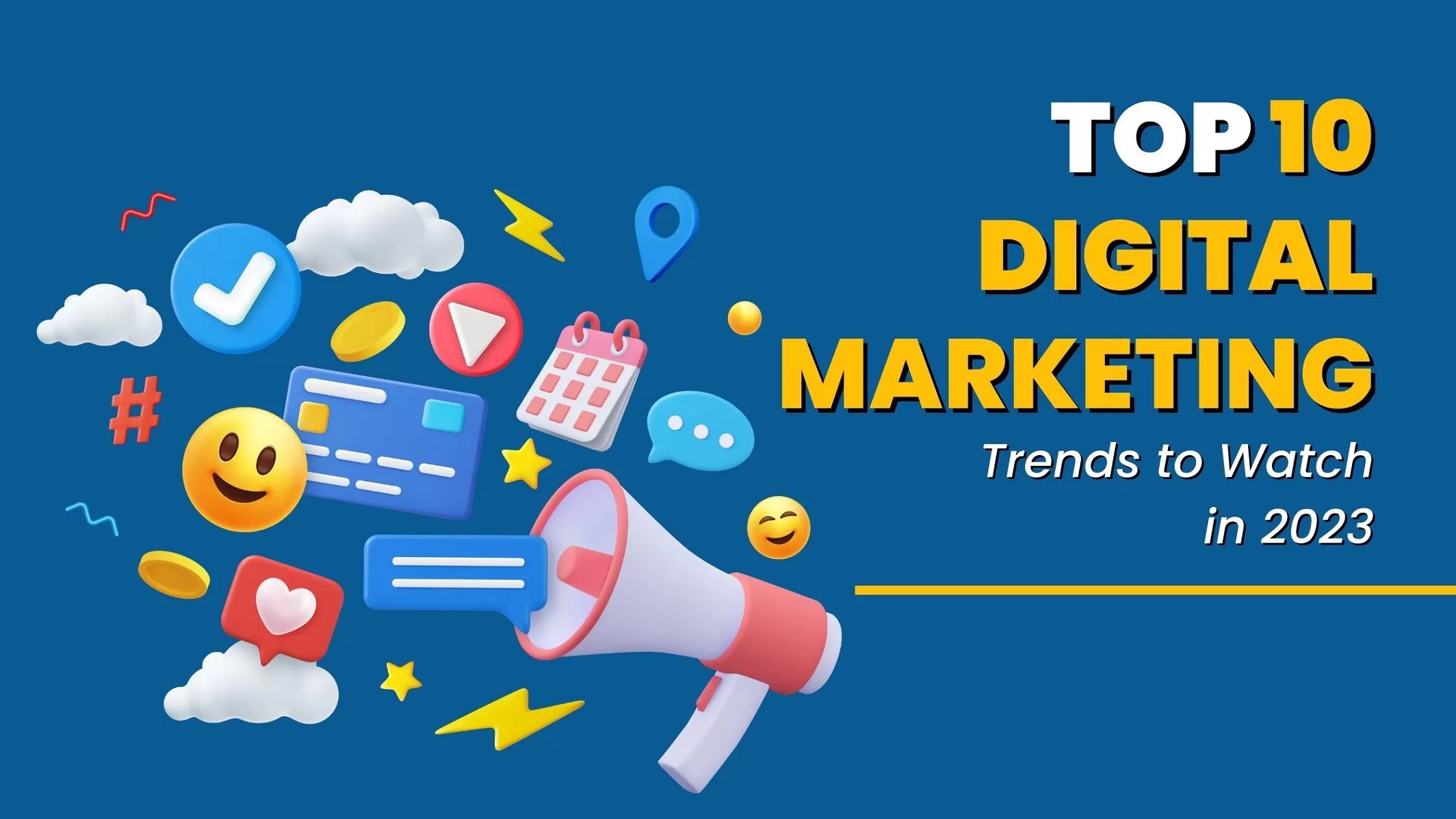Introduction
Digital marketing is evolving rapidly, with new trends and technologies reshaping how businesses reach and engage their audience. Staying ahead of these trends is crucial for businesses looking to maintain a competitive edge in an increasingly digital world.
In this guide, we’ll explore the latest digital marketing trends that businesses need to adopt in 2025 to enhance brand visibility, improve customer engagement, and drive revenue growth.
Why Digital Marketing is Essential for Businesses
- Increased Online Presence: More consumers rely on digital channels for purchasing decisions.
- Cost-Effective Marketing: Digital ads and organic strategies offer better ROI than traditional marketing.
- Data-Driven Decisions: Analytics tools provide insights into consumer behavior.
- Personalized Customer Experience: AI and automation enhance customer engagement.
- Global Reach: Businesses can market to a worldwide audience efficiently.
Top Digital Marketing Trends in 2025
1. Artificial Intelligence (AI) in Marketing
- Best For: Automating tasks, analyzing customer behavior, and improving user experience.
- How to Implement:
- Use AI-powered chatbots for customer support.
- Leverage AI-driven content recommendations.
- Benefits: Higher engagement, better targeting, and cost savings.
2. Voice Search Optimization
- Best For: Businesses looking to enhance SEO and reach voice-search users.
- How to Implement:
- Optimize website content for conversational keywords.
- Use structured data to improve search visibility.
- Benefits: Better ranking in voice search results, improved accessibility.
3. Video Marketing Dominance
- Best For: Engaging audiences across social media platforms.
- How to Implement:
- Create short-form videos for TikTok, Instagram Reels, and YouTube Shorts.
- Use live streaming for real-time interaction.
- Benefits: Higher engagement, improved brand awareness.
4. Influencer and Micro-Influencer Marketing
- Best For: Businesses looking to leverage social proof.
- How to Implement:
- Partner with influencers relevant to your niche.
- Use affiliate marketing to track performance.
- Benefits: Increased trust, expanded reach.
5. Content Marketing with a Focus on E-E-A-T
- Best For: Improving SEO rankings and brand credibility.
- How to Implement:
- Publish high-quality, authoritative content.
- Focus on Expertise, Experience, Authoritativeness, and Trustworthiness (E-E-A-T).
- Benefits: Higher search rankings, improved customer trust.
6. Omnichannel Marketing Strategy
- Best For: Providing a seamless customer experience.
- How to Implement:
- Integrate email, social media, and website marketing.
- Use CRM tools to track customer interactions.
- Benefits: Consistent brand messaging, improved customer retention.
7. Interactive and Immersive Marketing
- Best For: Engaging users through gamification and AR/VR experiences.
- How to Implement:
- Develop interactive quizzes, polls, and augmented reality shopping experiences.
- Use virtual tours for real estate or product previews.
- Benefits: Higher engagement, better user experience.
8. Social Commerce Growth
- Best For: Businesses selling directly on social media platforms.
- How to Implement:
- Enable shopping features on Instagram, Facebook, and TikTok.
- Optimize product listings for mobile users.
- Benefits: Increased conversion rates, direct access to buyers.
9. Data Privacy and First-Party Data Collection
- Best For: Businesses concerned about GDPR and data privacy regulations.
- How to Implement:
- Focus on collecting first-party data through email subscriptions.
- Use AI-driven analytics to personalize marketing without violating privacy.
- Benefits: Better customer trust, compliance with privacy laws.
10. SEO for Zero-Click Searches
- Best For: Businesses relying on organic search traffic.
- How to Implement:
- Optimize for featured snippets and knowledge graphs.
- Use schema markup to enhance search visibility.
- Benefits: Increased brand exposure, higher search rankings.
How to Implement a Successful Digital Marketing Strategy
- Define Clear Goals: Align digital marketing efforts with business objectives.
- Understand Your Audience: Use analytics to track customer preferences.
- Leverage Automation: Streamline email marketing, content scheduling, and lead generation.
- Monitor Key Metrics: Focus on engagement rates, conversions, and ROI.
- Stay Updated with Trends: Continuously adapt to changing digital landscapes.
Common Digital Marketing Mistakes to Avoid
- Ignoring Mobile Optimization: Ensure websites and ads are mobile-friendly.
- Overlooking Analytics: Regularly analyze performance to refine strategies.
- Using Outdated SEO Techniques: Focus on quality content over keyword stuffing.
- Not Engaging with Customers: Respond promptly to comments and messages.
- Failing to Invest in Paid Ads: Combine organic and paid strategies for best results.
Recommended Digital Marketing Tools
| Tool | Best For | Features |
|---|---|---|
| Google Analytics | Tracking website traffic | Real-time insights, audience analysis |
| SEMrush | SEO & keyword research | Competitive analysis, backlink tracking |
| HubSpot | CRM & email marketing | Marketing automation, customer segmentation |
| Canva | Content creation | Templates for social media & ads |
| Hootsuite | Social media management | Scheduling, analytics, engagement tracking |
Future of Digital Marketing
- AI-Powered Personalization: More businesses will use AI to tailor content.
- Blockchain in Digital Ads: Increased transparency in ad spend.
- Voice and Visual Search Expansion: Optimizing content for new search methods.
- 5G and Augmented Reality (AR): Enhanced user experience in digital ads.
- Sustainability-Focused Marketing: Brands adopting eco-friendly initiatives.
Conclusion
Digital marketing is a powerful tool for businesses looking to grow in 2025. By adopting emerging trends such as AI-driven marketing, voice search optimization, and social commerce, companies can improve engagement, boost conversions, and stay competitive.
A well-executed digital marketing strategy, backed by data-driven insights and innovative tools, will set businesses apart in an increasingly digital world.
